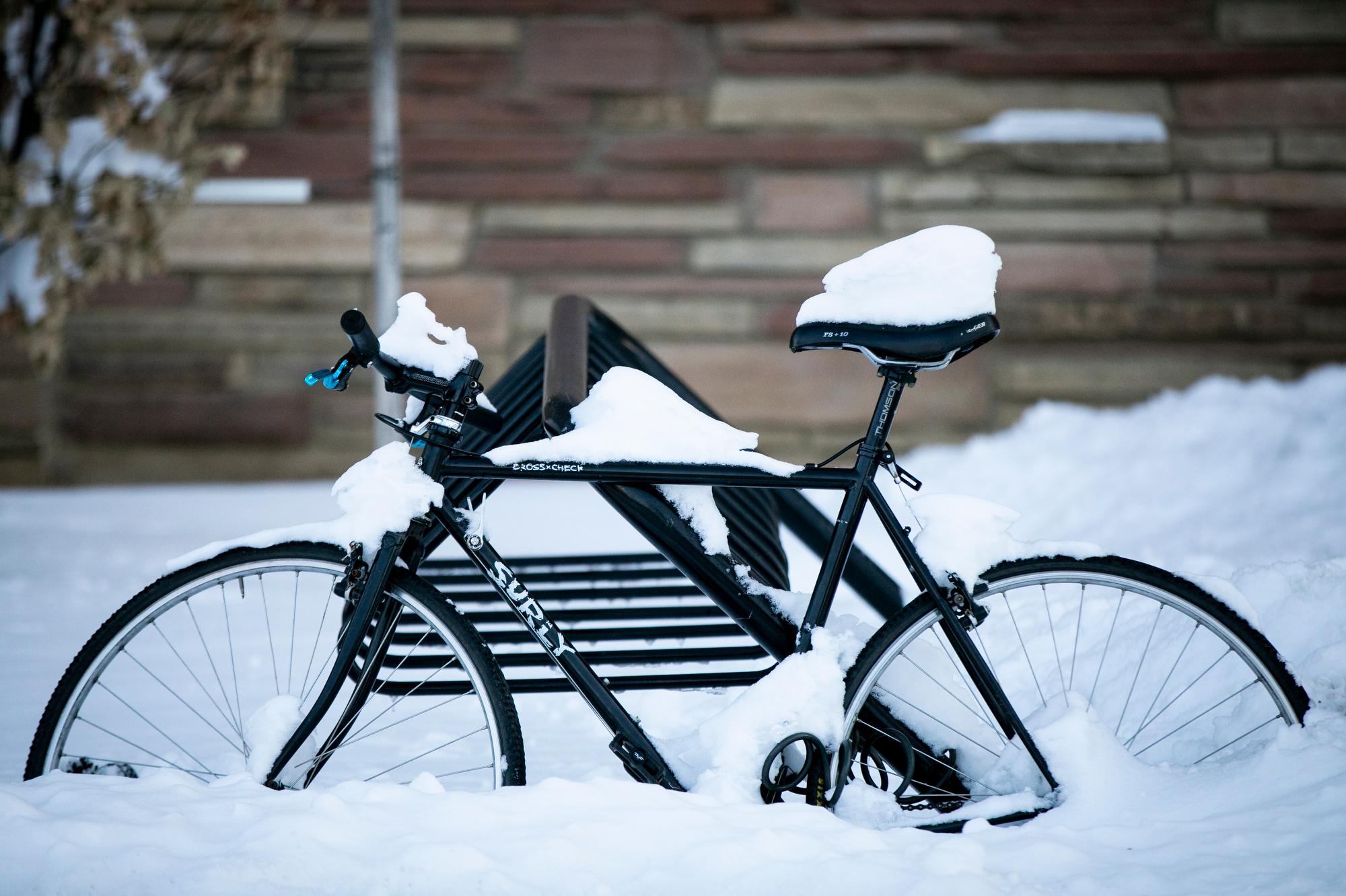
Colorado utilities spent more than half their annual budgets on natural gas during the February cold snap that brought subzero temperatures to the state and knocked out the power grid in Texas, according to state regulators.
The utilities are now expecting to pass hundreds of dollars in costs on to individual customers, according to the Colorado Public Utilities Commission, which opened an investigation of gas and electric service during the President’s Day weekend.
Commissioners and Gov. Jared Polis are questioning whether companies could’ve taken more proactive measures before the weekend to buy cheaper gas, use less energy and save customers from having to cover the losses.
“When customers get creamed like they did here, shareholders should feel it too,” PUC Chairman Eric Blank told the commission at a meeting Wednesday. “It just strikes me as really broken to have this outcome.”
The four utilities listed in the investigation — the Public Service Company of Colorado, a subsidiary of Xcel Energy, Black Hills Colorado Gas and Electric, Colorado Natural Gas and Atmos Energy Corporation — submitted reports of the events leading up to the cold snap to the commission this month.
The companies relied on weather forecasts to anticipate the cold weather. A significant portion of natural gas was available through their monthly purchases and stored gas, but they also purchased gas the day before the holiday weekend.
The utilities stressed that increased demand and limited supply of gas caused daily prices to skyrocket. Black Hills said even if it had bought the gas earlier that week, the cost would’ve likely been the same.
“While the industry was fully aware of the impending cold weather, the uncertainty of pipeline constraints, supply availability, severity of the weather, and price settlement made the prospect of purchasing fixed price gas highly unlikely at best,” the company wrote.
By Feb. 12, natural gas prices surged to 100 times the normal cost, Xcel Energy said in its report. The company, Colorado’s largest utility, spent $332 million on gas for the four-day block, about 75 percent of its annual gas budget, the commission’s Chief Economist Erin O’Neill said.
Other utilities estimated their total spending on the gas was anywhere from 40 percent to 80 percent of their annual budgets, O’Neill said.
This means customers could see additional charges on their gas bills. For Black Hills customers, it could be between $144 to $432 in total, O’Neill said. For Xcel customers, it could be as high as $180, according to its report. Xcel is proposing spreading the costs over two years.
Polis rebuked the companies in a letter to the commission, saying, “consumers should not be expected to shoulder unexpected exceptional costs without first being advised to reduce usage.”
“I strongly encourage the PUC to more clearly define a specific set of actions utilities must take to protect Coloradans from excess costs resulting from fluctuating commodity prices, as a precursor to any consideration of passing along excess costs to customers,” Polis said.
Atmos, Black Hills and Colorado Natural Gas wrote social media posts advising people to conserve energy during the cold snap, according to their reports. Black Hills, for example, encouraged customers to lower their thermostats, refrain from doing energy-intensive chores and use less hot water.
Xcel Energy did not issue direct appeals, according to its report, saying there was not a “significant risk of forced outages” and that it could not expect to have less gas available given the extreme weather.
Blank said there are “several issues” the commission should address to prevent such price surges in the future. The commission should investigate whether utilities could have bought gas at a lower price earlier in the week, if they could’ve issued more strict messages to conserve energy and if they were able to curtail service for economic reasons.
“I don’t think each of us is looking at this thinking it can’t or won’t happen again,” Commissioner Megan Gilman said. “The question is how do we get smarter, how do we get better?”
Commissioner John C. Gavan said the event was “a wake-up call.”
“We’re going to see more extreme weather events like this,” he said. “We need to step up and address this model. It is not going to work in the future.”
The utilities will likely have to go through litigation to determine how and when they will recover the losses, commissioners said. The commission will continue its investigation and determine the next steps in the coming weeks.









